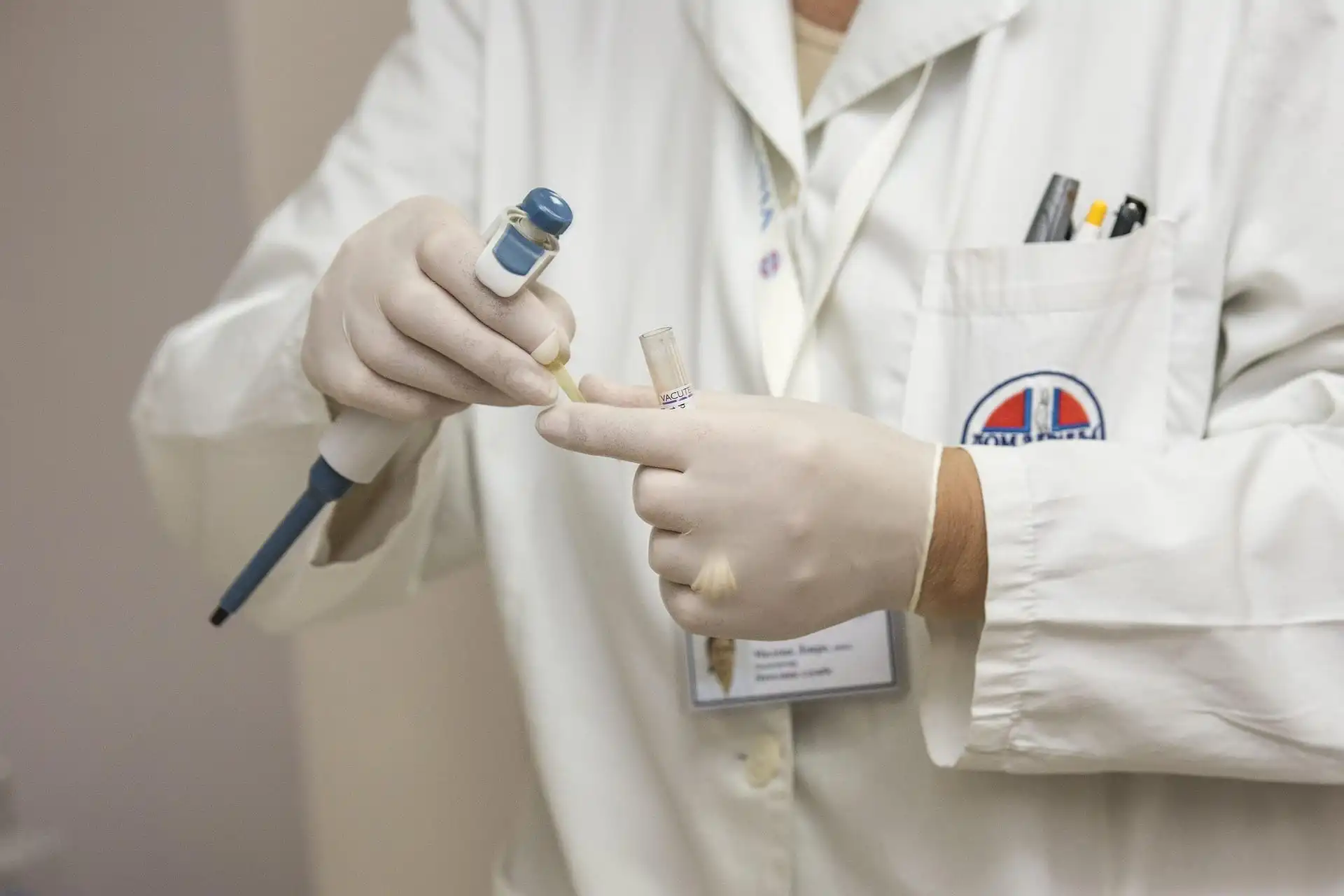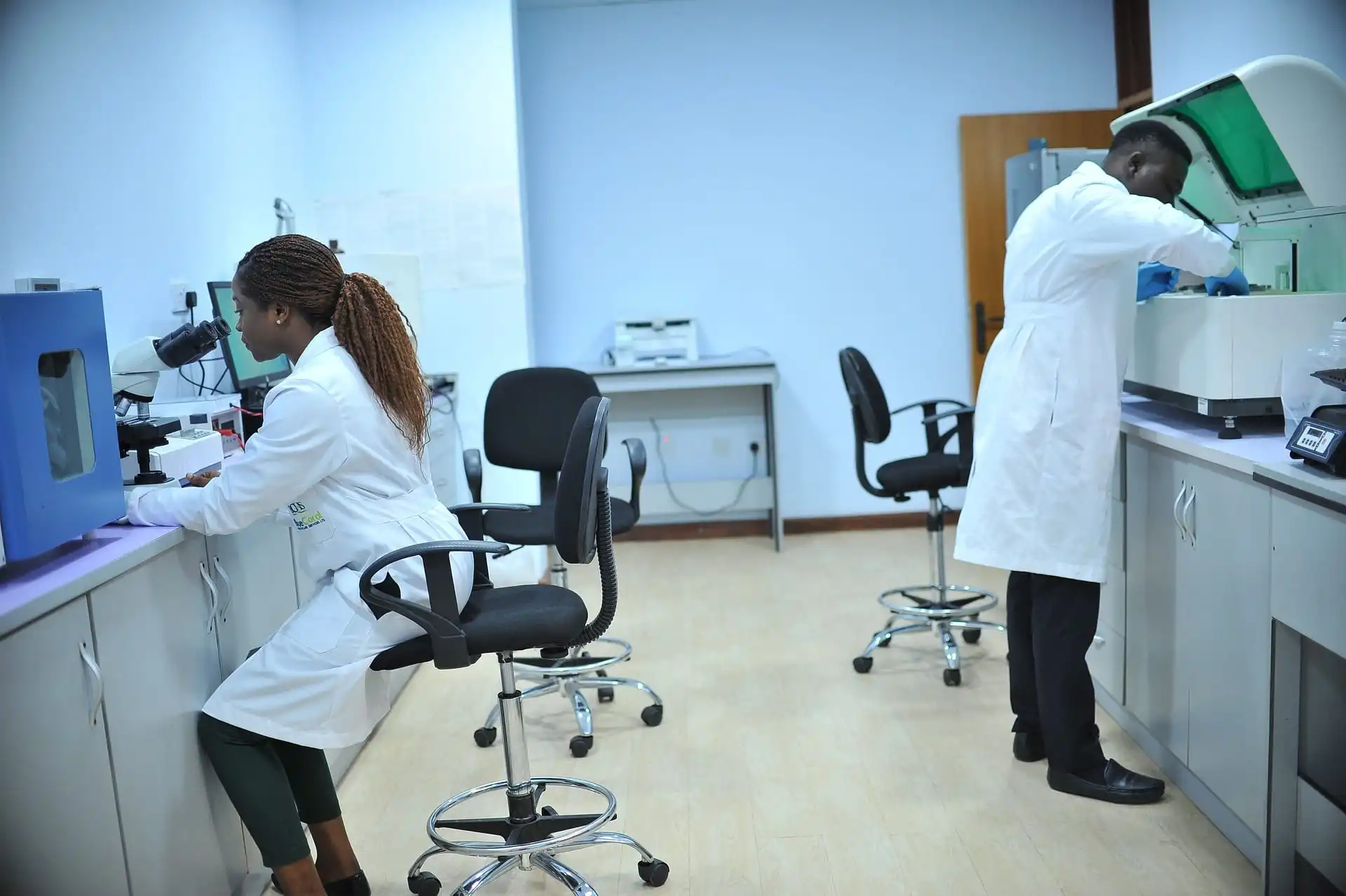
The digital transformation of the pharmaceutical industry is underway. Companies worldwide are embracing technology to optimize operations, enhance research and development, and improve patient outcomes.
This pharmaceutical industry outlook for 2023 provides insights into new technology, tools, and processes that change how companies develop, manufacture, and distribute medications. We’ll also review emerging treatments and administration methods in the development pipeline.
Want to buy special raw pharmaceutical materials (GMP) ?
MedicaPharma ensures access to GMP pharmaceuticals across multiple resilient global supply chains. Click here to view a full GMP API product list.
MedicaPharma is capable of supplying all GMP materials needed; our experience with sourcing materials that are difficult to obtain makes us the ultimate choice; just challenge us, we will find any material you need. Add your Chemical Name below and click GO!
Get your requested raw materials quotation
Table of Contents
Top Pharmaceutical Trends for 2023
The pharmaceutical industry is constantly evolving and innovating. Our top 5 trends to watch for 2023 include:
1. mRNA-Based Vaccines
mRNA vaccines use copies of molecules called messenger RNA (mRNA) to produce an immune “response”. That immune response is the body’s recognition, reaction, and defense against bacteria, viruses, and other potentially harmful substances.
mRNA technology was first used to create vaccines prescribed to protect individuals from Covid-19 disease. Research into mRNA technology for other vaccines is currently in the works, including treatments for cancer and influenza.
Get your requested raw materials quotation
2. Wearable Medical Devices
Wearable medical devices can be classified into two categories: those that monitor patient vital signs and others that administer medications directly under the skin.
Patient monitoring via wearable devices has increased substantially among healthcare providers and the general public. Standard devices prescribed by practitioners include blood sugar meters, oximeters, and heart rate monitors. Devices popular with the public (without a prescription) include exercise trackers, sleep monitors, and heart-rate-variability (HRV) monitors.
Expect to see more health-tracking devices in the future. For example, Brain Scientific is currently developing a suite of brain-monitoring devices that detect “abnormal” brain waves to diagnose neurological disorders. Another device to look out for is MySugarWatch by Nemaura Medical – a non-invasive wearable that takes blood sugar readings every few minutes.
In addition to monitoring devices are wearables that administer medications through the patient’s skin. Several approaches are currently under investigation, including nanomedicines and microneedles.
3. “Big Data” Analytics
“Big Data” is a buzzword in the technology industry that refers to the collection and processing of massive amounts of data that cannot be handled by traditional data-processing software.
More data is being collected than ever before, and the healthcare industry has adapted technology to process ever-increasing amounts of patient information from Internet of Things (IoT) devices, treatment providers, and healthcare institutions.
Some benefits include:
- Pre-screening repeat patients based on previous data
- Minimized prescription medicine errors
- Faster response times for treating severe illnesses
Get your requested raw materials quotation
4. AI-Powered Pharmaceutical Research and Development (R&D)
Pharmaceutical R&D is transforming thanks to emerging technology like artificial intelligence (AI). NVIDIA – a technology company based in the United States – recently launched Cambridge-1, a powerful supercomputer that leverages AI to aid healthcare researchers
Cambridge-1 allows researchers to use massive datasets using self-supervised AI training methods to optimize processes and enable faster drug discovery. AI additionally helps researchers leverage the power of data to discover disease pathways and personalize the treatment and prognosis of patients.
5. Supply Chain Innovation
The pharmaceutical industry is growing fast. According to Grandview Research, the market is expected to reach $957.59 billion by 2028 at a compound annual growth rate (CAGR) of 11.34%.
At the same time, supply chains are becoming increasingly complex as they circumnavigate the globe. More pharmaceutical companies than ever before are outsourcing production to external companies while leveraging new ways to market to patients. As a result, this can result in supply chains transporting some products multiple times around the world before reaching end users.
Expect to see supply chain optimizations continue their steady evolution throughout 2023 and beyond. According to McKinsey & Company, four trends to watch out for include:
- Increased end-to-end transparency
- Routine stress-testing and reassessment
- Minimized exposure to shocks
- Improved supply chain resilience
MedicaPharma: A Trusted Pharmaceutical Industry Partner
MedicaPharma consistently monitors and adapts technological innovation to better serve its international customer base. Based in the European Union, we proudly supply our partners with quality active pharmaceutical ingredients (APIs) produced to the highest GMP standards.
Pharmaceutical Industry Trends FAQ
According to Grandview Research, the value of the pharmaceutical industry at the end of 2021 was $486.62 billion.
The pharmaceutical industry, including the research, development, production, and distribution of medications, has experienced significant growth during the previous two decades. According to Grandview Research, the global market size was valued at $405.52 billion in 2020 and is expected to reach $957.59 billion by 2028 at a compound annual growth rate (CAGR) of 11.34%.
Biotechnology is an industry sector that uses biological systems to develop new products. The pharmaceutical industry benefits from biotechnology research through the creation of new drugs, processes, methods, and services.
Good Manufacturing Practice (GMP) guidelines are used by the pharmaceutical industry to produce high-quality products at the highest safety standards. GMP also ensures that errors such as cross-contamination, mislabelling, and production mistakes are either eliminated or kept to a minimum.


















